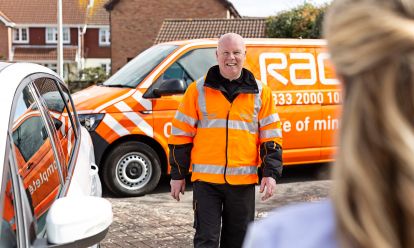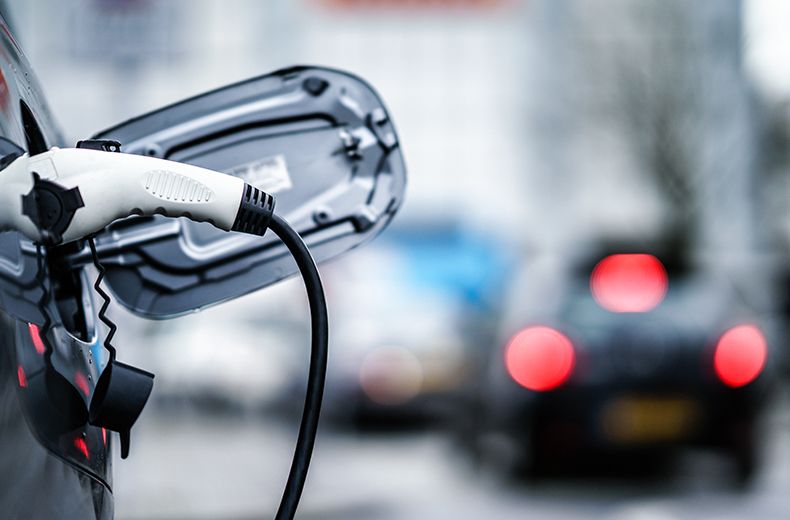The petition – part of the new FairCharge campaign spearheaded by motoring journalist Quentin Willson – calls on the Government to urgently reduce the VAT rate levied on public charging to bring it in line with VAT rates for domestic charging.
Currently the VAT rate levied on charging an electric vehicle at home is 5%, while drivers needing to top their battery up at public charge points pay at the 20% rate.
Those signing the petition are also given the opportunity to directly lobby their MPs to take action to end the disparity by entering their home postcode and sending a template email letter drafted by the campaign here.
As the UK’s transition to electric vehicles gathers pace, concerns have been raised about those who don’t have driveways or garages at home, being unfairly affected by the VAT discrepancy on electricity as they would be more dependent on the public charging network. RAC research shows that 38% of drivers would not be able to charge at home.”
RAC head of roads policy Nicholas Lyes said: “Public charging is improving all the time, but the reality is that those who don’t have access to charging at home will be more dependent on the public network. Therefore, it’s vital that they’re not financially disadvantaged, and this is why the RAC is backing the FairCharge campaign.”
“We also need to see the development of local, ultra-rapid, charging hubs which make it nearly as easy as filling up a conventional vehicle with petrol or diesel, alongside on-street charging options. This would give those people who wouldn’t be able to charge an electric car at home the chance to make the switch.”
FairCharge aims to ensure the environmental, economic and social benefits of the electric car revolution are properly harnessed by pushing key issues to the forefront of the political agenda such as the cost, availability and speed of charging as well as battery range and the affordability of switching to an EV.
The petition can be found here.
RAC Breakdown Cover
Join the RAC and get breakdown cover. Our patrols fix 4 out of 5 vehicles on the spot, with repairs done in just 30 minutes on average.













